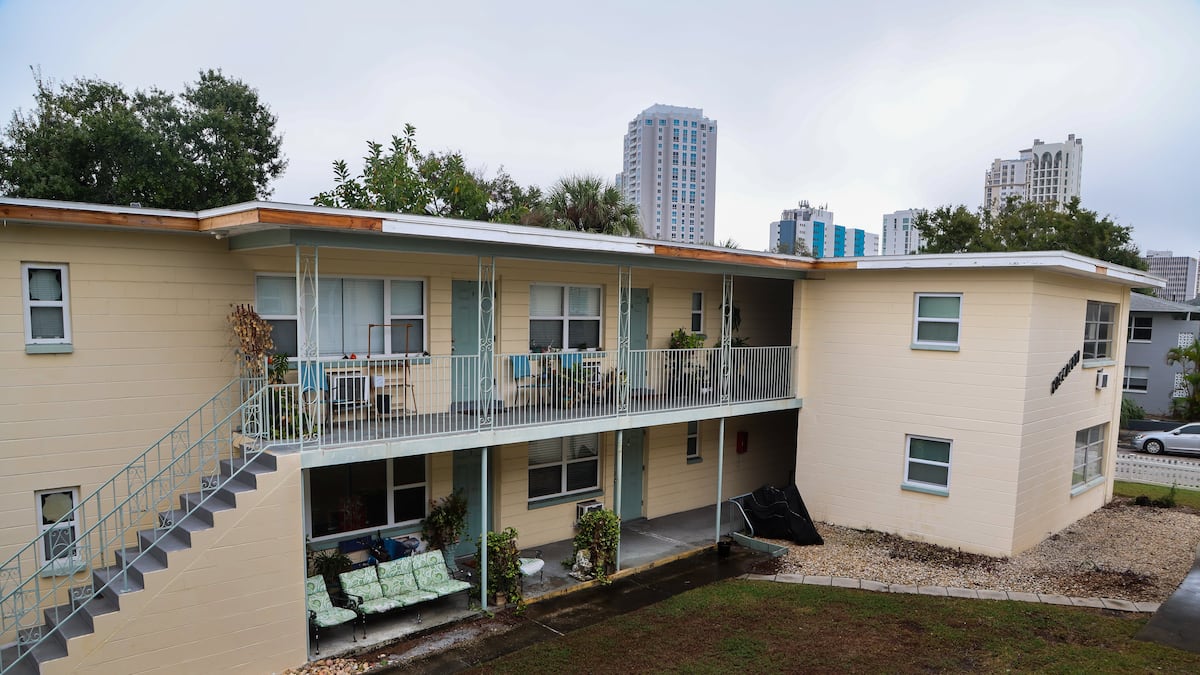C
hicago's iconic skyline is taking a hit, with many of its towering buildings selling for significantly less than their original prices. The 57-story tower at 70 W. Madison St., for instance, sold for $85 million earlier this month, a far cry from the $375 million its sellers paid in 2014. This discrepancy raises questions about whether Cook County Assessor Fritz Kaegi is accurately reflecting market values in his reassessments.
Kaegi's office recently valued 70 W. Madison at $317 million, a 27% increase over the previous valuation of $250 million. However, the sale price suggests that the building's value has plummeted. The Board of Review will likely take this into account when considering an appeal later this year.
This is not an isolated incident. The former Groupon headquarters at 600 W. Chicago Ave., a massive structure along the North Branch of the Chicago River, sold for $89 million recently, down from its original price of $510 million just eight years ago. Another high-end office building, 311 S. Wacker Drive, is reportedly being sold for around $70 million, significantly less than its original price of $302 million.
These sales are part of a broader trend in which commercial properties are losing value at an alarming rate. Despite this, Kaegi's office has found that commercial property values have risen 22% since the last assessment, with downtown office buildings making up 20% of Chicago's tax base. This is puzzling given the significant losses absorbed by office building owners in recent transactions.
Kaegi's office categorizes some of these sales as "distressed" and not reflective of true value. However, many landlords are skeptical of this reasoning. The Board of Review will likely revisit Kaegi's numbers after considering appeals, which could lead to radical changes in property tax assessments. Homeowners may face higher tax bills as a result, while businesses will shoulder an increased burden.
The ongoing dispute between Kaegi and the Board of Review is serving no one's interests. The assessor's job is to accurately reflect market values, not try to redress inequities in the municipal tax system. Ultimately, this issue requires a broader solution that addresses the underlying problems with Chicago's property tax system.












